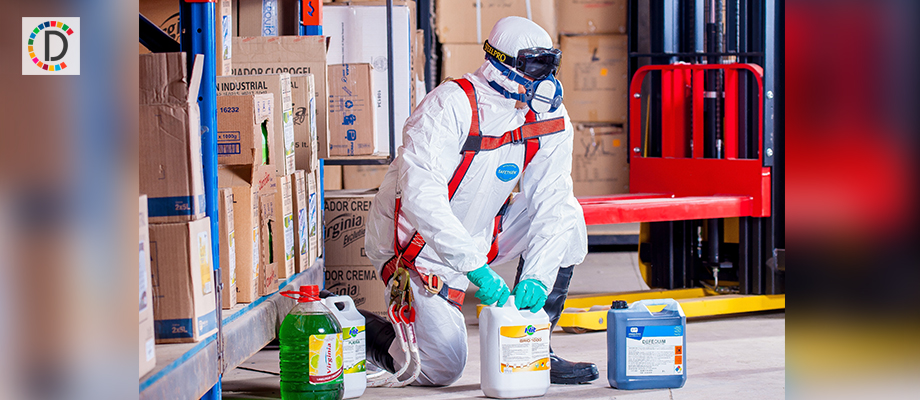Jemimah Rodrigues opening up on mental health a wake-up call for India, say experts

- Country:
- India
Women's ODI cricket world cup winner Jemimah Rodrigues opening up about her anxiety and self-doubt and the emotional toll that online criticism caused her has ignited a conversation around mental health, not just in celebrities but also among commoners.
Experts are of the opinion that it poses an opportunity to reframe psychological well-being as a collective and policy-driven fight rather than an individual struggle.
In the post-match press conference on October 30, after her century helped India successfully chase down Australia's record total and proceed to the final, Rodrigues said, ''I almost cried every day through this tour. Not doing well mentally, going through anxiety.'' Her remarks brought mental health back in focus, with experts saying that it is not an issue limited to celebrities or public figures. It affects everyone, yet most people do not talk about it openly, they said.
Many fail to recognise the symptoms, some have no access to mental health professionals, and others fear discussing it with family or friends.
Doctors, however, warn that ignoring such signs can be dangerous.
''Rodrigues's courage reminds us that mental health challenges can affect anyone, regardless of success, talent, or fame,'' said Dr Neerja Agarwal, Founder of Emoneeds, which provides care to people struggling with mental health problems.
The pressure to perform, the fear of failure, and constant public scrutiny faced by athletes mirror the struggles many people go through at work, in schools, or even online, she said. ''Social media, while it is empowering, can also become a space for harsh judgment, bullying, a deepening feelings of anxiety, and isolation.'' ''Jemimah's honesty reminds us that being human means experiencing both highs and lows, and healing begins when we speak openly, support one another, and normalise conversations around mental health and online harassment,'' Dr Agarwal said.
Yet, access to mental health professionals in India is still limited, and the gap between patients and therapists is huge.
In this scenario, online consultations have emerged as a promising bridge, she said.
Emoneeds Cofounder Tanmay Goel said that in India, over 200 million people struggle with mental health challenges, yet there's barely one therapist for every 1,00,000 individuals.
The firm is working to ensure that help is available when it's needed most. ''We're building AI-powered tools that can provide round-the-clock support between therapy sessions, giving therapists deeper insights and enabling uninterrupted care,'' Goel said.
He said technology is helping democratise mental health -- making it accessible, affordable, and judgment-free for every Indian who needs it.
Dr Deepika Dahima, psychologist at AIIMS, Delhi, said Jemimah's openness about her mental health marks an important moment in reframing psychological well-being as a collective, policy-driven concern rather than an individual struggle.
Her story illustrates how emotional distress is often shaped by systemic factors, social expectations, performance pressure, gendered scrutiny, and limited access to psychosocial support, the doctor said.
''In India, where care infrastructure remains fragmented and stigma pervasive, such narratives must push us toward institutional reform and inclusive wellbeing frameworks.'' Mental health must extend beyond awareness to build sustainable ecosystems, integrating early identification, affordable care, and accountability within educational and professional spaces, Dr Dahima said.
''Vulnerability, when voiced, becomes an act of advocacy; it challenges systems to respond with empathy and structural support. True resilience lies not just in personal recovery, but in creating environments where seeking help is safe, supported, and stigma-free,'' she said.
Dr Jitender Jakhar, a consultant psychiatrist at Sitaram Bhartia Hospital, said that in India, mental illness is often associated with visible distress -- someone crying, withdrawn, or unable to cope.
But mental health struggles don't always look dramatic, he said.
''Many individuals, who appear to be doing fine, performing at work, laughing with friends, and even excelling in their fields, are quietly carrying high-functioning anxiety or depression. They continue to meet expectations.
''Yet inside, they battle relentless worry, self-doubt, and a deep, invisible exhaustion. Sometimes they go to practice, hit centuries, and cheer their teammates -- like Jemimah did -- while silently holding themselves together,'' he said.
Dr Jakhar said it is crucial to understand that anxiety and depression are not signs of weakness, lack of faith, or poor willpower. ''They are common and treatable conditions; therapy, counselling, lifestyle support, and sometimes medication can make a profound difference.'' ''But the first step is awareness, recognising that something isn't right and allowing yourself to seek help without shame or fear. Jemimah's openness gives voice to countless others who are silently struggling. It reminds us that even the strongest among us can feel lost sometimes, and that's okay. In fact, it's deeply human,'' he said.
ALSO READ
-
Pranavi best Indian at T31 as Ruixin Liu wins Aramco China
-
Indian-origin couple jailed for enslaving woman in Australia hit with fresh penalty, lose home proceeds
-
Indian recurve archers eye revival at Asian Championships
-
Indian non-profit receives Magsaysay Award, dedicates honour to 55,000 volunteers
-
Demonetisation biggest fraud on Indians, says Derek O'Brien; shares Modi's '50 days' speech









